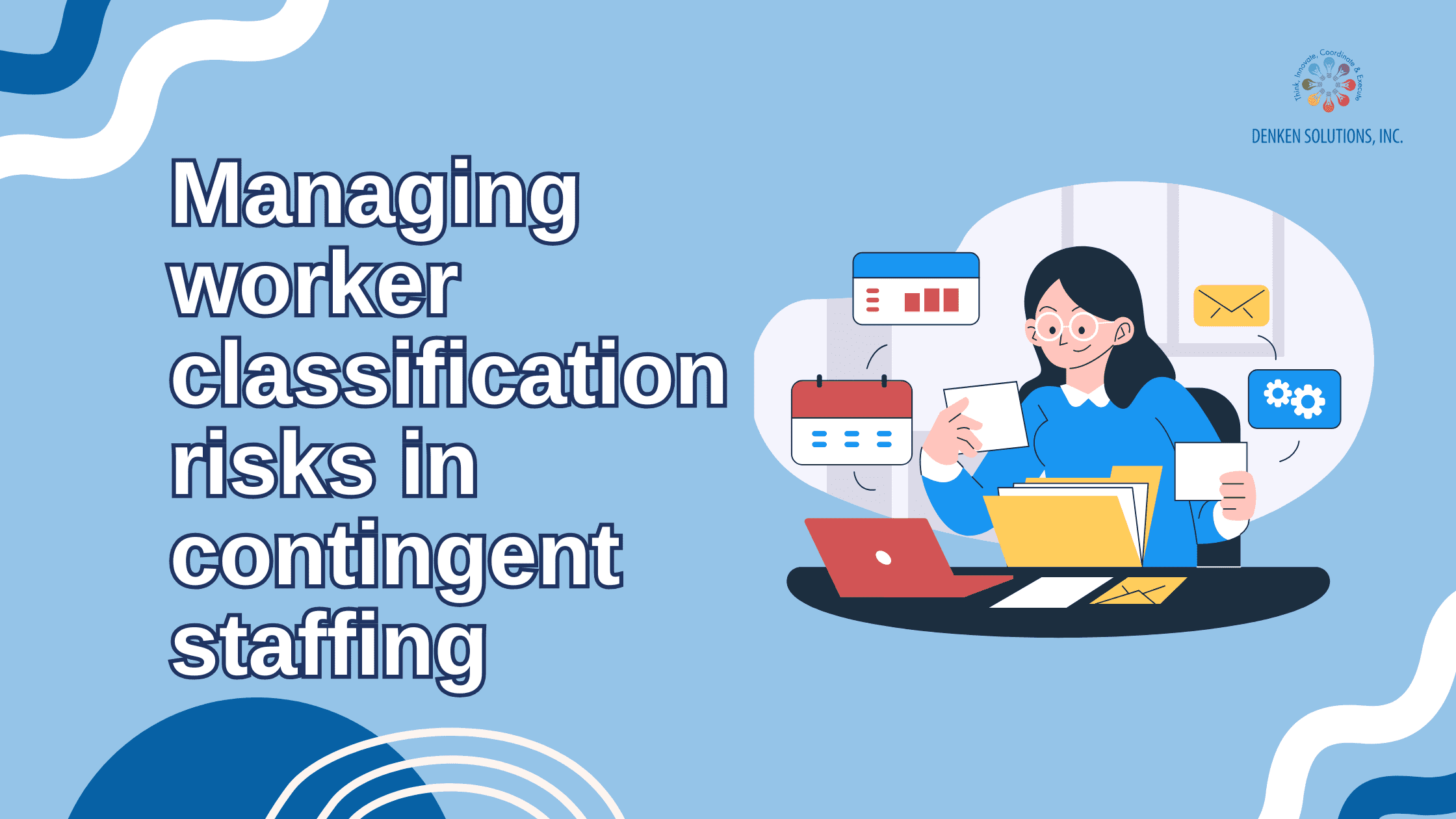Both employees and employers must recognize that soft skills are just as vital as hard skills for career success. According to the LinkedIn Global Talent Trends Report 2023, 89% of recruiters say that when a new hire doesn’t work out, it’s due to a lack of soft skills—not technical skills.
Why Soft Skills Matter in Today’s Workplace
Essential for Teamwork & Collaboration
With 75% of employees now working in hybrid or remote settings (McKinsey, 2023), strong communication and collaboration skills are more crucial than ever.
Actionable Tip: Improve your virtual communication by taking online courses on professional emailing, video conferencing, and active listening.
Improves Decision-Making & Problem-Solving
A report by the World Economic Forum (WEF) 2023 states that critical thinking and problem-solving remain the top two skills employers seek.
Actionable Tip: Practice structured problem-solving techniques such as the “5 Whys” method to identify root causes and improve decision-making.
Enhances Adaptability in a Changing Market
AI and automation are expected to displace 85 million jobs by 2025, while creating 97 million new roles (WEF, 2023). Employees who can adapt and upskill will stay ahead.
Actionable Tip: Embrace continuous learning by attending workshops or obtaining micro-certifications in emerging technologies.
Boosts Leadership & Career Growth
According to a Harvard Business Review study, leaders with strong emotional intelligence outperform their peers by 20% in management roles.
Actionable Tip: Improve leadership abilities by seeking mentorship, handling team-based projects, or developing conflict resolution skills.
Conclusion
Developing soft skills is no longer optional—it’s a career necessity. Whether you’re a freelancer, a contract worker, or a full-time employee, investing in communication, adaptability, and leadership skills will set you apart and ensure long-term professional success.
Searching for the right job opportunities to showcase your skills and abilities? Then, become a Denkenite today and unlock numerous job opportunities to elevate your career.



